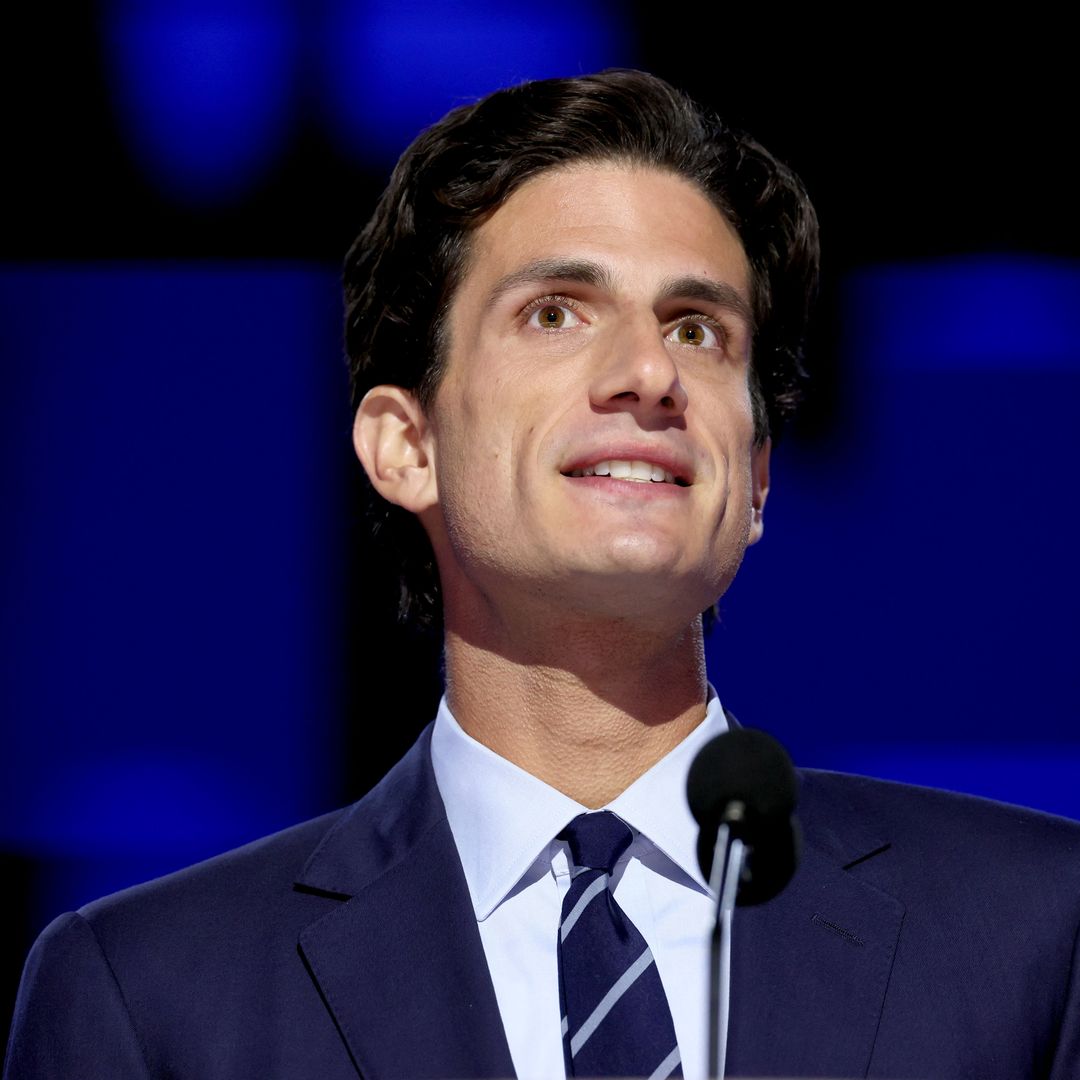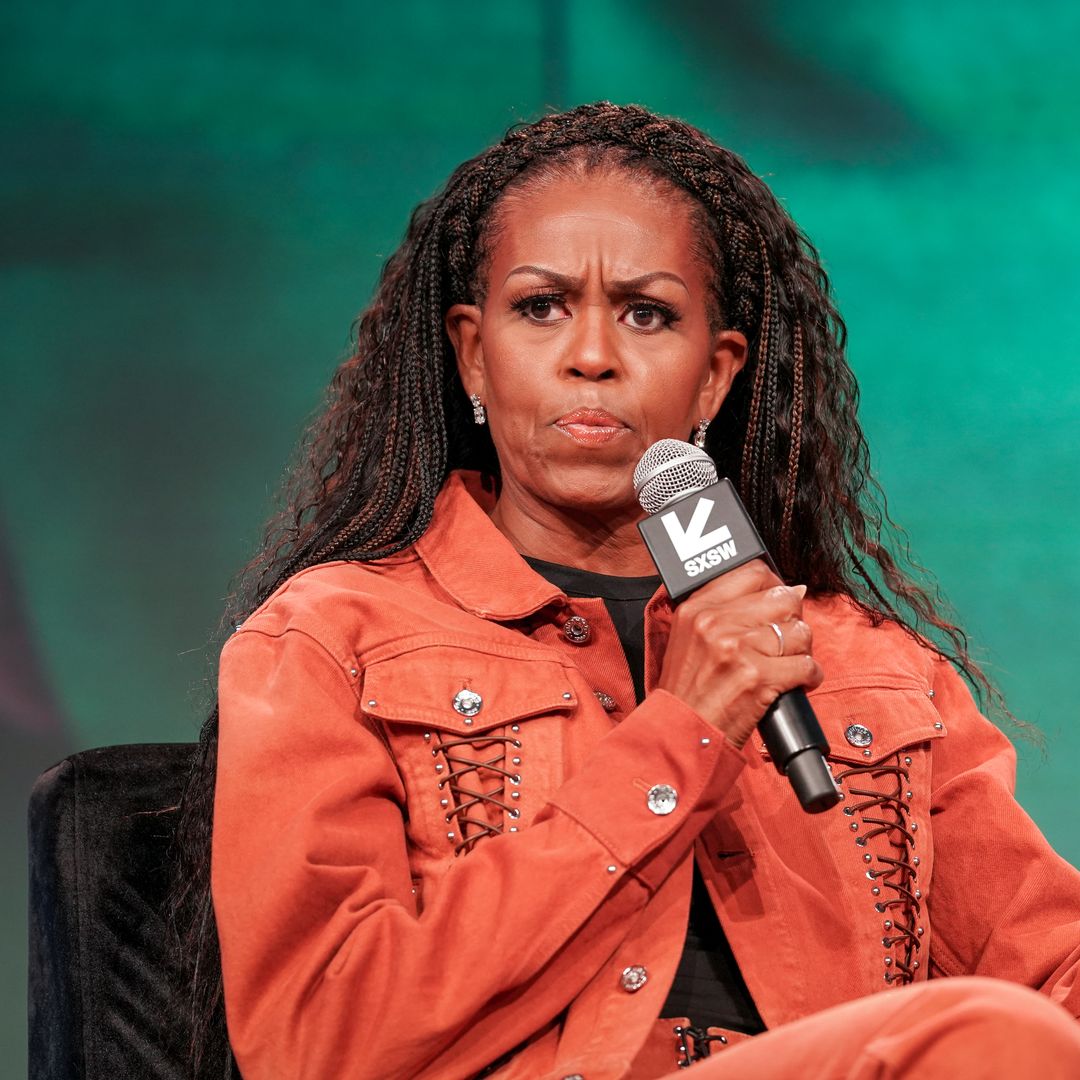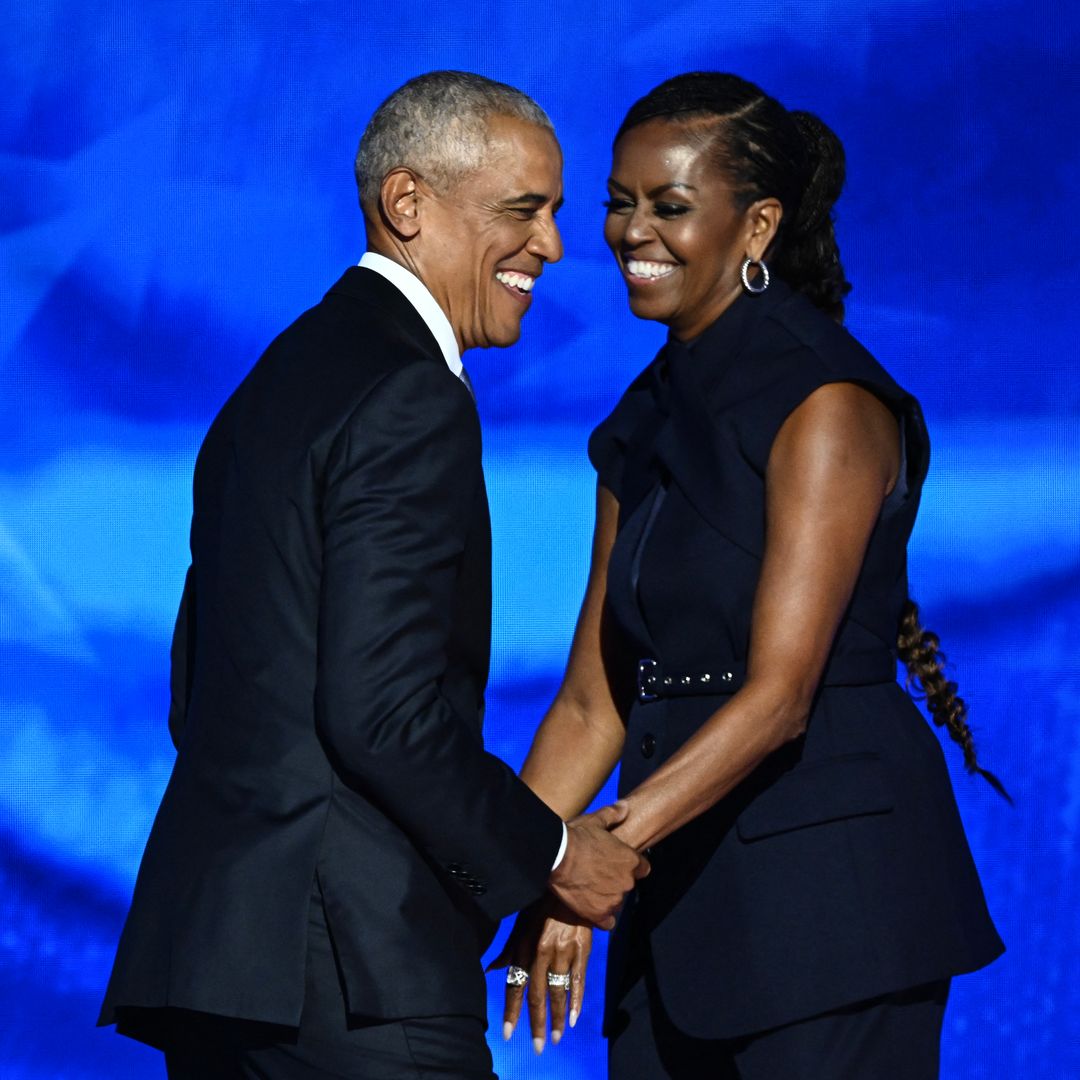Inaugural addresses provide a unique window into the priorities and vision of newly elected U.S. presidents. These speeches often reflect the challenges of the time and set the tone for a president's administration. Below are five inaugural addresses that stand out in American history for their historical significance, eloquence, or lasting impact.
George Washington
As the first president of the United States, George Washington's inaugural address on April 30, 1789, in New York City, marked the dawn of the American presidency. In a modest and solemn tone, Washington expressed reluctance but a strong sense of duty to lead the new nation. He emphasized the importance of constitutional governance and the people's role in the republic's success. His humility and deference to Congress set a precedent for future presidents.
"On the one hand, I was summoned by my Country, whose voice I can never hear but with veneration and love, from a retreat which I had chosen with the fondest predilection, and, in my flattering hopes, with an immutable decision, as the asylum of my declining years —a retreat which was rendered every day more necessary as well as more dear to me by the addition of habit to inclination, and of frequent interruptions in my health to the gradual waste committed on it by time," he said.
Abraham Lincoln
Delivered during the waning days of the Civil War, Abraham Lincoln's second inaugural address on March 4, 1861, is widely regarded as one of the most profound speeches in American history. Instead of celebrating impending victory, Lincoln struck a somber tone, focusing on healing the nation's deep divisions. His famous closing line, "With malice toward none, with charity for all," underscored his commitment to reconciliation and rebuilding. The speech remains a powerful reminder of the need for unity in times of conflict.
Franklin D. Roosevelt
Franklin D. Roosevelt's first inaugural address on March 4, 1933, came at the height of the Great Depression. With millions unemployed and the banking system on the verge of collapse, Roosevelt's speech sought to inspire hope and confidence. His assertion that "the only thing we have to fear is fear itself" rallied the nation and laid the groundwork for the New Deal programs that would redefine the federal government's role in economic recovery.
John F. Kennedy
John F. Kennedy's inaugural address on January 20, 1961, remains one of the most quoted in U.S. history. Against the backdrop of the Cold War, Kennedy called for civic responsibility and global cooperation. His iconic line, "Ask not what your country can do for you—ask what you can do for your country," inspired a generation to engage in public service and contribute to national and global progress. The speech exemplified Kennedy's vision of optimism and shared purpose.
Barack Obama
Barack Obama's first inaugural address on January 20, 2009, was historic, marking the swearing-in of the first African American president. Delivered during the Great Recession, Obama acknowledged the economic crisis while calling for renewed responsibility and collective action. He spoke of America's enduring ideals, saying, "We remain a young nation, but in the words of Scripture, the time has come to set aside childish things." Obama's address reflected a moment of hope and change in the nation's history.
Each of these inaugural addresses reflects the unique circumstances of the time and offers timeless lessons in leadership, resilience, and unity. These speeches remind us of the enduring power of words to guide, inspire, and heal a nation during pivotal historical moments.
,type=downsize)

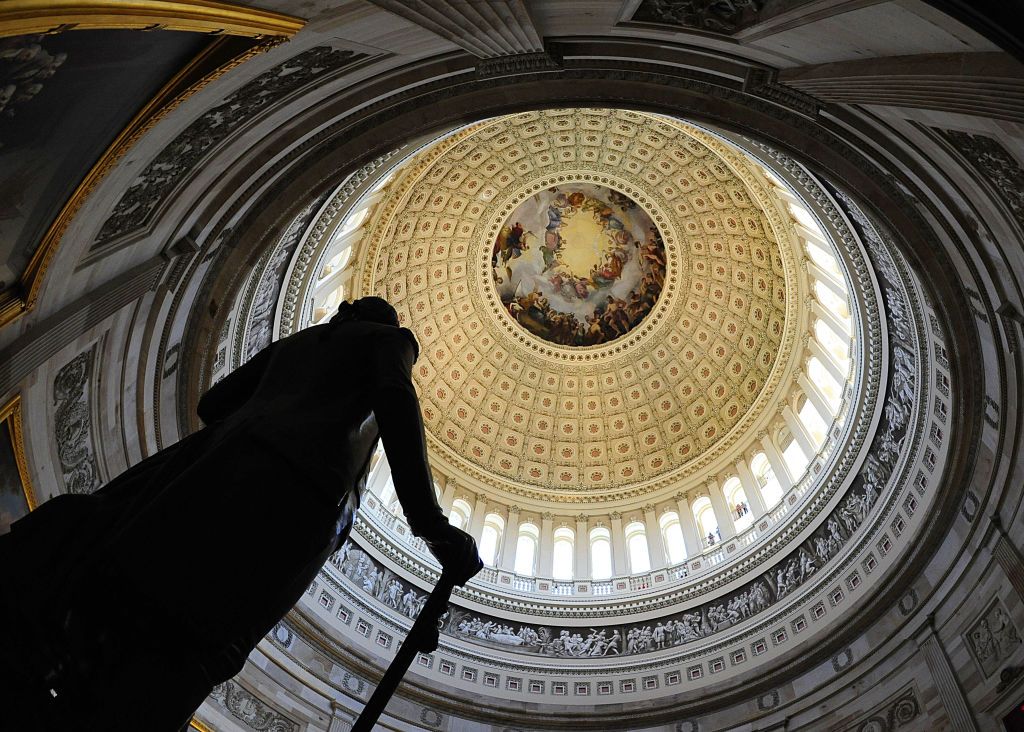
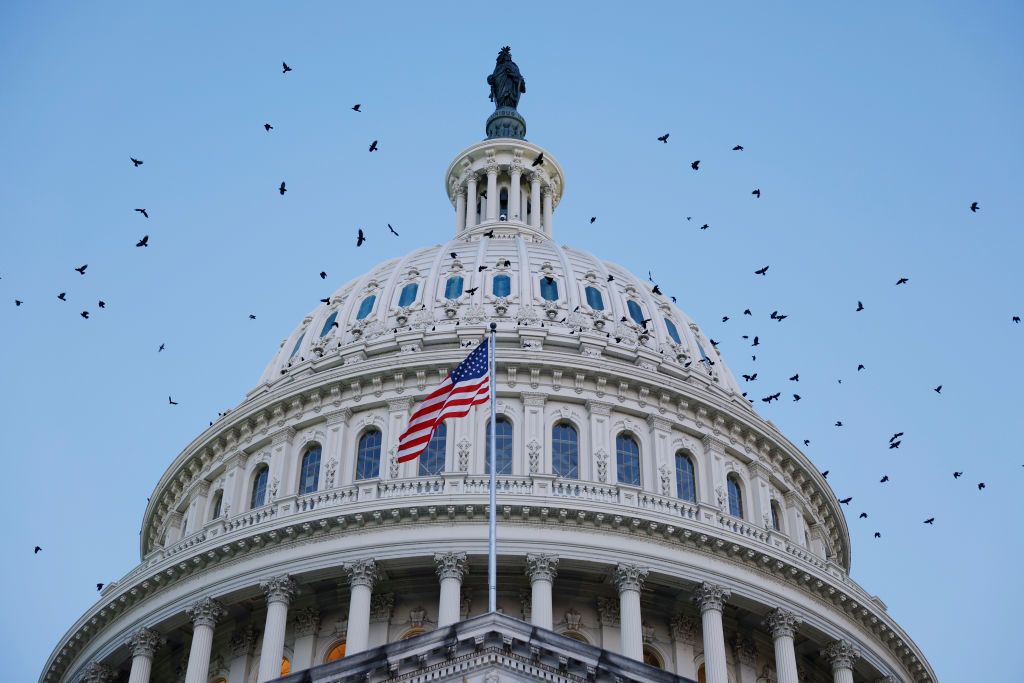
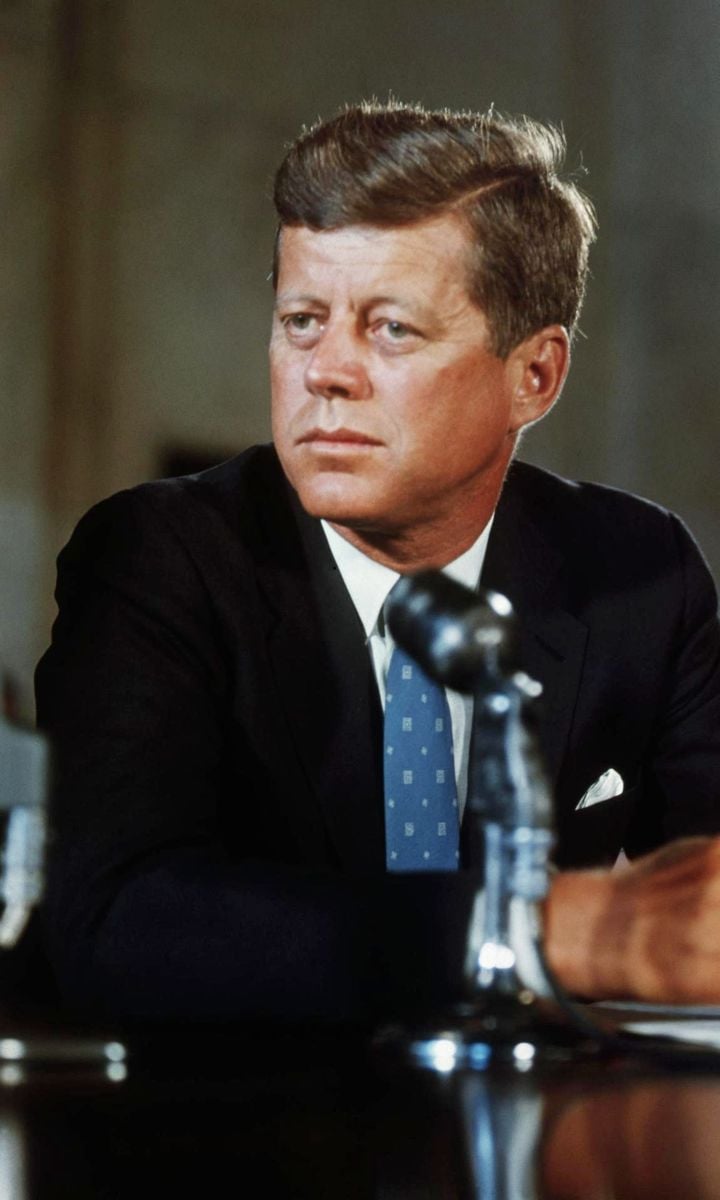
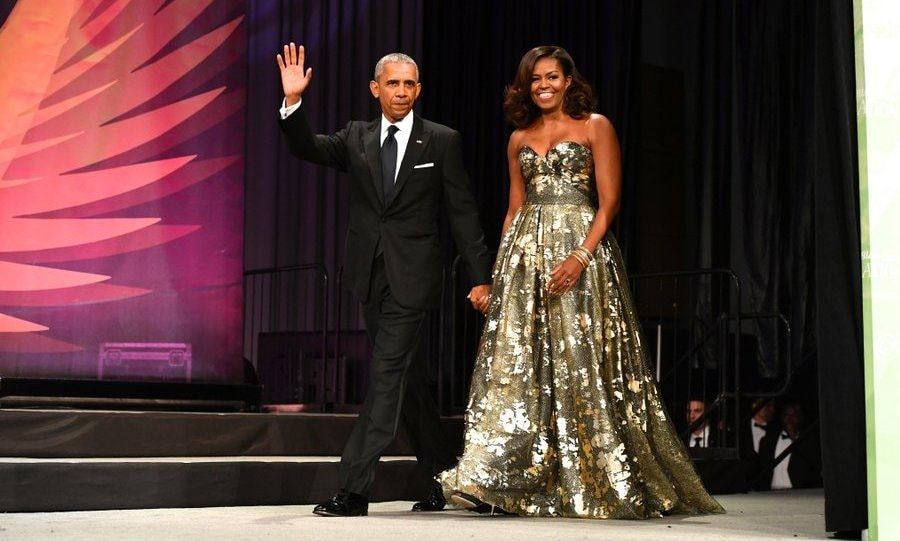
![Barack Obama steps out with rarely seen sister Auma Obama [PHOTOS]](https://www.hola.com/us/horizon/square/77fa9f1f0865-bkgobama25050401.jpg)
